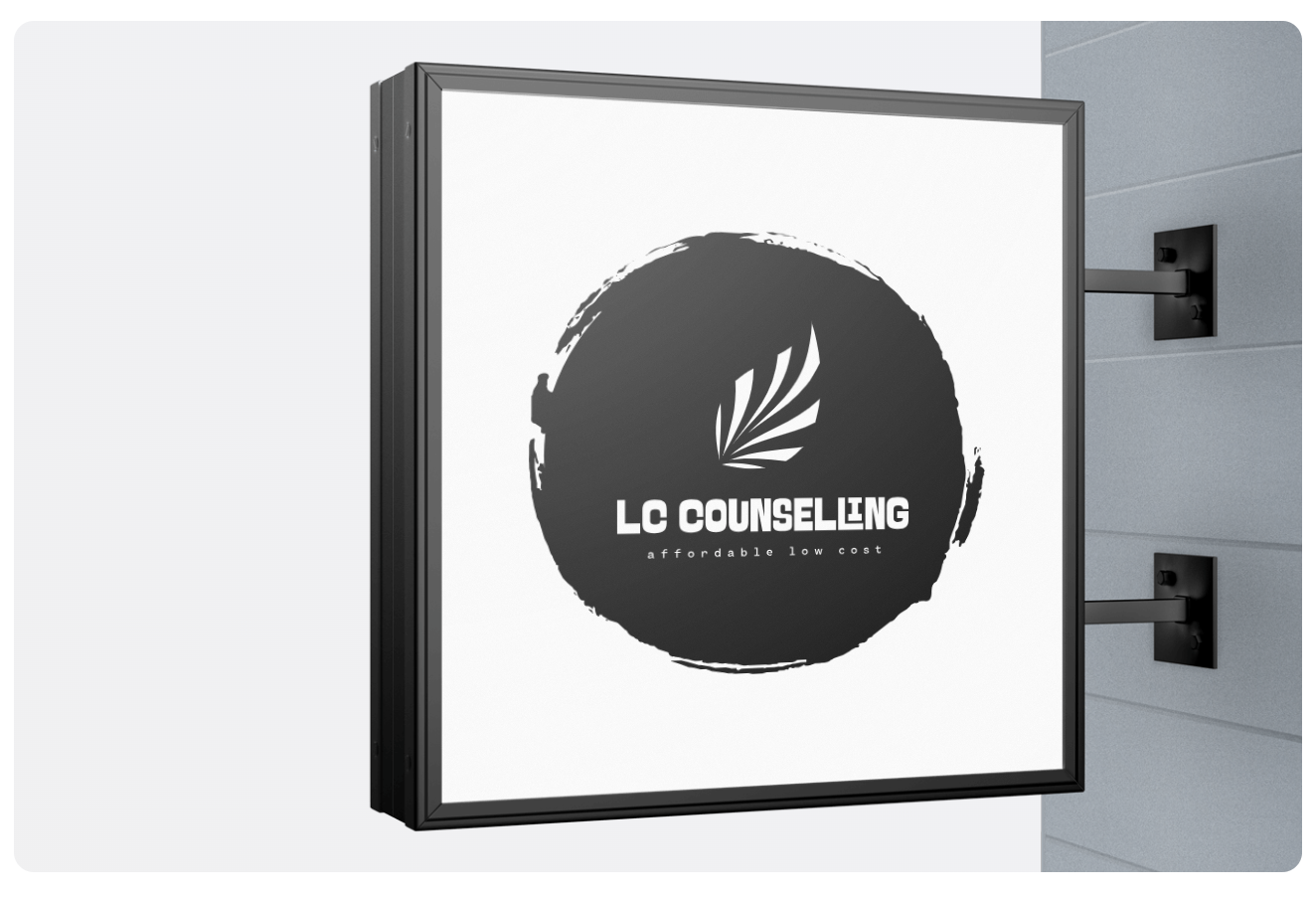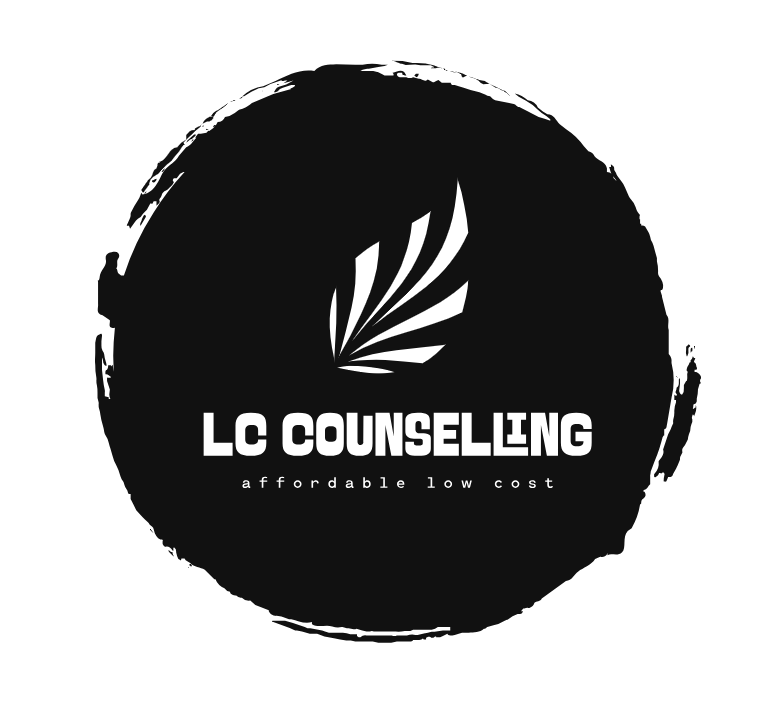
Find Answers to Common Questions About LC Counselling Services
Check through our carefully curated list of questions we are frequently asked, if your question is not there, please contact us directly to find out.
General Questions
Q: What is low-cost counselling?
A: Low-cost counselling provides professional therapy at an affordable rate, making mental health support accessible to everyone.
Q: Do I need to prove my income to access LC Counselling Services?
A: No, you do not need to demonstrate low income to access our services. Everyone is welcome.
Q: Are your counsellors qualified?
A: Yes, LC Counselling Services only provides you with a qualified, registered counsellor.
Q: Who is this service for?
A: Our service is for anyone over 18 who needs emotional support, including those experiencing anxiety, depression, relationship issues, grief, or life challenges.
Q: How much does a session cost?
A: All our qualified counsellors provide low-cost counselling for £35 per session.
Q: How long is each session?
A: Sessions last 50 minutes, whether online or in person.
Q: How often are sessions?
A: You can discuss this with your counsellor, sessions are generally weekly, but whether weekly, twice a week or fortnightly, this will be agreed upon between you and your counsellor.
Booking & Availability
Q: How do I book a session?
A: You can book by filling out our online form, emailing us, or calling our team. We will match you with a suitable therapist.
Q: How soon can I get an appointment?
A: Availability depends on demand, but we aim to offer an initial session within 1-2 weeks.
Q: Can I request a specific therapist?
A: We match clients based on availability and needs. If you have a preference, let us know, and we will try to accommodate.
Online & Face-to-Face Counselling
Q: How do online sessions work?
A: Online sessions take place via secure video call. You will need a quiet, private space and a stable internet connection.
Q: Where do face-to-face sessions take place?
A: Our in-person sessions are held at our counselling centre. Location details will be provided when you book.
Q: Is online therapy as effective as face-to-face?
A: Yes, research shows that online therapy can be just as effective as in-person sessions for many issues.
Confidentiality & Ethics
Q: Is counselling confidential?
A: Yes, all sessions are confidential. The only exception is if there is a risk of serious harm to you or someone else.
Q: What qualifications do your counsellors have?
A: Our counsellors are either fully qualified or in advanced training under supervision. All work within ethical guidelines set by the BACP or UKCP.
Cancellations & Commitment
Q: What if I need to cancel or reschedule?
A: We require at least 24 hours’ notice for cancellations. Late cancellations may be charged.
Q: How many sessions will I need?
A: This varies depending on your needs. Some people find a few sessions helpful, while others prefer longer-term support.
Q: Are sessions time-limited, e.g. six or twelve sessions?
A: We provide therapy with no time limit, known as open-ended therapy. You can stay with your counsellor for as many weeks as you like.
Understanding Counselling & Therapy
Q: What is the difference between a counsellor, therapist, and psychotherapist?
A: These terms are often used interchangeably, see also the BACP definition.
Q: What is person-centred therapy?
A: Person-centred therapy is a humanistic approach developed by Carl Rogers. It focuses on creating a supportive, non-judgmental environment where you feel heard and understood. The therapist helps you explore your own thoughts and feelings to develop self-awareness and solutions that feel right for you.
Q: What issues can counselling help with?
A: Counselling can support a wide range of issues, including:
- Anxiety, stress, and panic attacks
- Depression and low mood
- Bereavement and grief
- Relationship difficulties
- Low self-esteem and confidence issues
- Trauma and PTSD
- Work-related stress and burnout
- Family conflicts
- Loneliness and isolation
- Life transitions, such as divorce or retirement
- Managing chronic illness or pain
- Exploring identity and self-acceptance
Q: Do I need to have a diagnosed mental health condition to attend counselling?
A: No. Many people seek counselling for support with life challenges, emotional difficulties, or personal growth, even if they don’t have a formal diagnosis.
Q: My question isn’t here…
A: Contact us to ask us directly.
Instant Support in Sussex
Take the first step towards better mental health. Contact us to schedule your affordable counselling session today.

